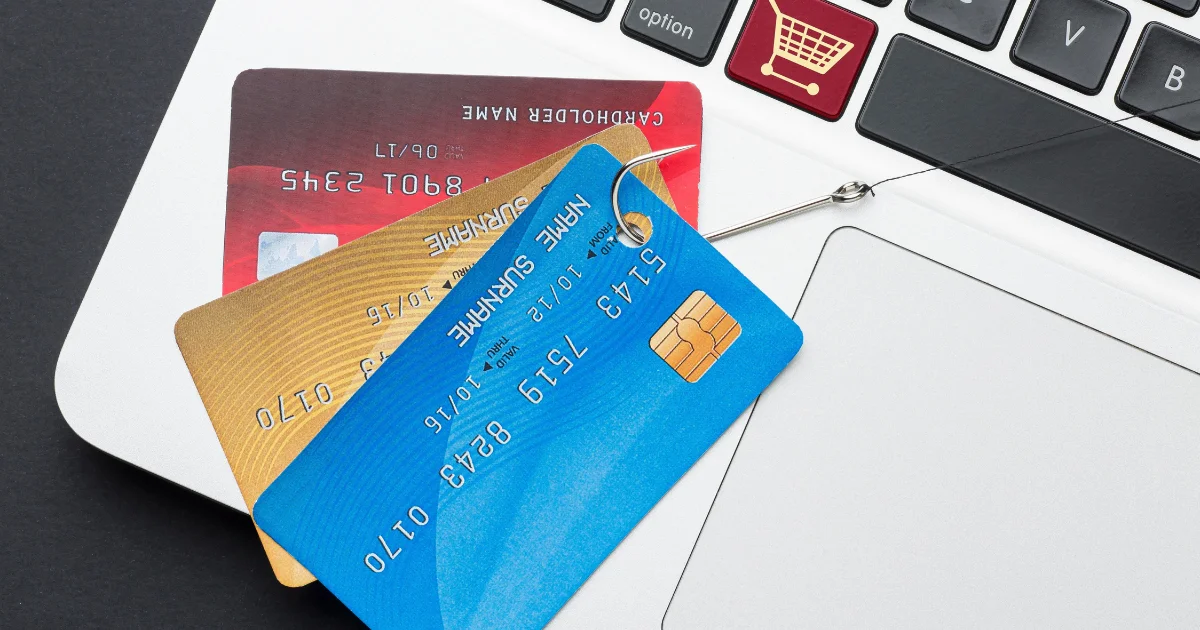Introduction
Starting your credit journey in the USA can feel overwhelming. Banks, credit card companies, and lenders all rely on your credit score to decide whether to trust you with money. If you’re new, you don’t yet have a record. That’s why choosing the best credit cards to build credit for beginners in USA is such an important first step.
With the right card and smart habits, you can build a positive credit history within months. This article breaks everything down: how credit works, what cards to choose, which mistakes to avoid, and how to grow your score steadily.
Why Beginners Need to Build Credit Early
Think of credit as your financial reputation. Just like people trust you based on past actions, lenders trust you based on your credit history. If you don’t have one, they don’t know if you’re reliable.
Here’s why beginners should start building early:
-
Loan approvals: Without credit, even buying a used car on installments can be hard.
-
Lower interest rates: A good credit score saves you thousands in interest over your lifetime.
-
Housing approvals: Many landlords run credit checks before renting apartments.
-
Utility and phone services: Some providers require deposits if you don’t have credit.
-
Career opportunities: Certain employers review credit during background checks.
The sooner you start, the faster you’ll unlock these opportunities.
Key Features of Beginner-Friendly Credit Cards
Not all cards are created equal. The best credit cards for beginners in the USA share some features that make them safer and more effective:
-
Low or No Annual Fees – No need to pay just for holding the card.
-
Easy Approval – Designed for people with limited or no credit history.
-
Security Deposit (for secured cards) – Acts as collateral and reduces lender risk.
-
Credit Reporting – Must report to all three bureaus (Experian, Equifax, TransUnion).
-
Upgrade Path – The option to move to an unsecured or rewards card later.
-
Tools & Education – Many cards provide free credit monitoring and budgeting help.
Types of Credit Cards Beginners Can Use
Before reviewing the best options, let’s break down card categories.
1. Secured Credit Cards
-
Require a refundable deposit (e.g., $200–$500).
-
Credit limit usually equals the deposit.
-
Easier to get approved for than unsecured cards.
-
Best for: complete beginners or people rebuilding credit.
2. Student Credit Cards
-
Designed for college/university students.
-
May include perks like cashback on groceries or good grades rewards.
-
Often no annual fee.
3. Unsecured Beginner Cards
-
No deposit required.
-
Higher approval standards, but some accept limited history.
-
Usually come with small credit limits initially.
4. Retail Store Cards
-
Easy approval but limited to one retailer (e.g., Target, Amazon).
-
High interest rates, so they should be used carefully.
Comparison: Best Credit Cards to Build Credit for Beginners in USA
| Credit Card | Type | Annual Fee | Key Features | Best For |
|---|---|---|---|---|
| Discover it® Secured | Secured | $0 | 2% cash back at gas & dining, upgrade after 7 months | Beginners who want rewards |
| Capital One Platinum Secured | Secured | $0 | Low deposit options, automatic reviews | Low-budget beginners |
| Chime Credit Builder | Secured (no deposit) | $0 | Linked to Chime account, no interest | People who want safe credit building |
| Petal® 2 Cash Back Visa | Unsecured | $0 | No fees, cashback, accepts thin history | Beginners with some income |
| Discover it® Student Chrome | Student | $0 | 2% cash back, $20 for good grades | Students in USA |
| Capital One QuicksilverOne | Unsecured | $39 | 1.5% cash back | Beginners who want rewards despite fee |
| Citi® Secured Mastercard | Secured | $0 | Straightforward, no rewards | People who want simple credit building |
Detailed Breakdown of Each Card
1. Discover it® Secured Credit Card
-
Pros: Cashback rewards, no annual fee, automatic upgrade review.
-
Cons: Requires deposit.
-
Best For: Beginners who want to earn rewards while building credit.
2. Capital One Platinum Secured Credit Card
-
Pros: Flexible deposits ($49–$200), automatic reviews.
-
Cons: No rewards program.
-
Best For: Beginners with tight budgets.
3. Chime Credit Builder Visa®
-
Pros: No deposit, no interest, no annual fee.
-
Cons: Requires Chime account.
-
Best For: Beginners who want a no-risk way to build credit.
4. Petal® 2 “Cash Back, No Fees” Visa®
-
Pros: No fees, cashback, uses cash flow instead of credit score.
-
Cons: Approval may take longer.
-
Best For: Beginners with limited or no credit history but steady income.
5. Discover it® Student Chrome
-
Pros: Rewards for gas and dining, bonus for good grades.
-
Cons: Only for students.
-
Best For: Students who want rewards + credit building.
6. Capital One QuicksilverOne Cash Rewards
-
Pros: Unlimited cashback, simple rewards.
-
Cons: $39 annual fee.
-
Best For: Beginners who want rewards and can handle a small fee.
7. Citi® Secured Mastercard®
-
Pros: Straightforward, no annual fee, reports to all bureaus.
-
Cons: No rewards.
-
Best For: People who want a no-frills, credit-building card.
Real-World Example: How a Beginner Builds Credit
Scenario: Sarah, a 21-year-old student, applies for the Discover it® Secured with a $200 deposit.
-
Month 1–3: Uses card for small expenses like groceries and gas. Pays in full each month.
-
Month 4–6: Keeps balance under $60 (30% of limit).
-
Month 7: Discover reviews her account; she qualifies for upgrade to an unsecured card.
-
Month 12: Sarah’s score rises from no history to 680+, making her eligible for auto loans with better rates.
This is how responsible use turns a beginner into a strong credit holder.
Step-by-Step Roadmap for Beginners
-
Apply for one beginner-friendly card (preferably secured or student).
-
Deposit what you can afford (if required).
-
Set up autopay to avoid missed payments.
-
Make small purchases each month.
-
Pay balance in full before the due date.
-
Monitor your score using free tools provided by issuers.
-
Request a credit limit increase after 6–12 months.
-
Upgrade to an unsecured card once you qualify.
-
Keep your oldest card open to build credit history length.
Mistakes to Avoid as a Beginner
-
Overspending: Treat credit as a tool, not free money.
-
Paying only the minimum: Leads to interest charges and debt cycles.
-
Applying for too many cards at once: Multiple hard inquiries can drop your score.
-
Closing your first card early: Older accounts strengthen your history.
-
Ignoring annual fees: Always calculate the real cost of owning a card.
How Long Does It Take to Build Credit in USA?
-
3–6 months: First credit score appears.
-
6–12 months: Score improves significantly if payments are on time.
-
12–18 months: Many beginners reach “good credit” (670+).
-
2+ years: With consistent use, you can reach 740+ (excellent).
Patience and consistency are key.
FAQs
1. What is the easiest credit card for beginners to get in USA?
Secured cards like Discover it® Secured or Capital One Platinum Secured are easiest to get approved for.
2. Do prepaid cards build credit?
No. Prepaid cards don’t report to credit bureaus.
3. Should I start with more than one card?
No, start with one. Once you manage it well for 6–12 months, consider adding a second card.
4. Can I build credit without a Social Security Number?
Most issuers require an SSN, but some accept ITIN for non-citizens.
5. What’s a safe credit utilization rate?
Keep it under 30% of your limit, ideally under 10%.
Conclusion
Finding the best credit cards to build credit for beginners in USA doesn’t have to be complicated. The right choice depends on your situation—whether you’re a student, someone with no history, or someone with limited income.
-
Secured cards like Discover it® Secured or Capital One Platinum Secured are excellent starting points.
-
Student cards are ideal if you’re in college.
-
Modern options like Chime Credit Builder give a safer, fee-free way to build credit.
The most important factor is how you use your card. Pay on time, keep balances low, and avoid unnecessary fees. Within a year, you’ll see a strong credit score forming, opening doors to better financial opportunities.


